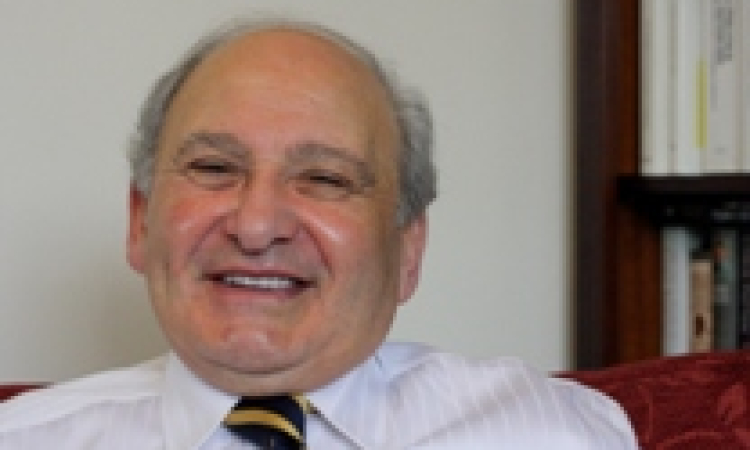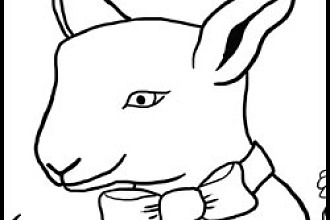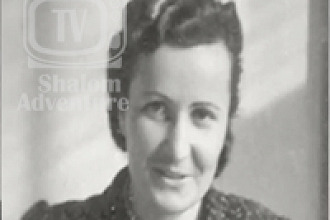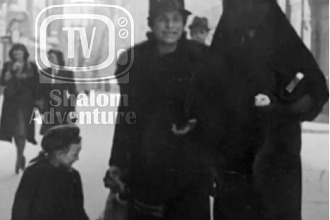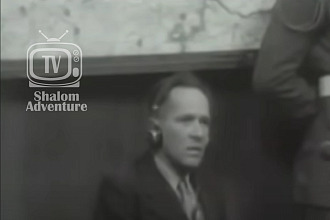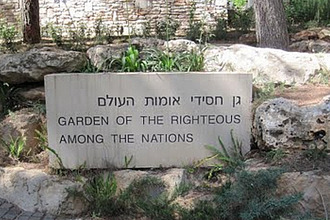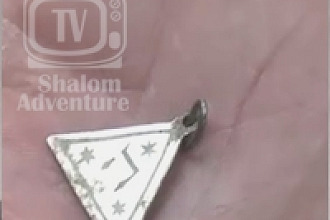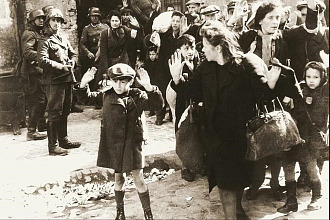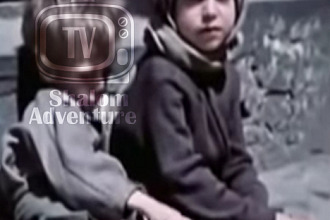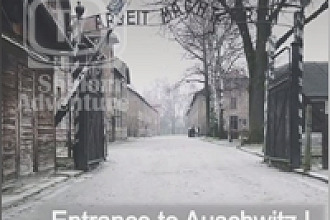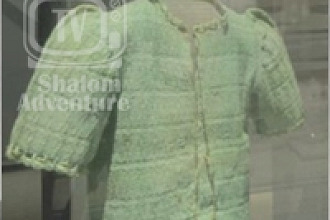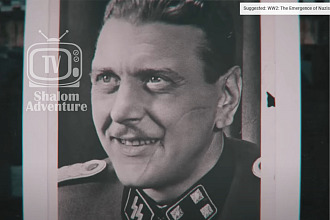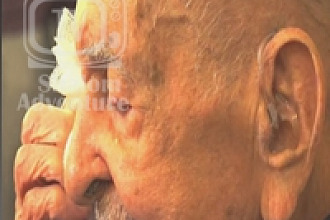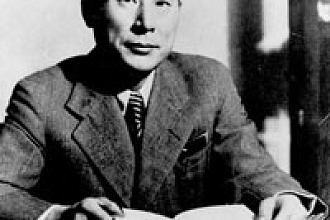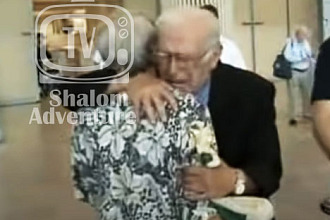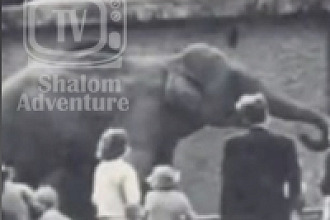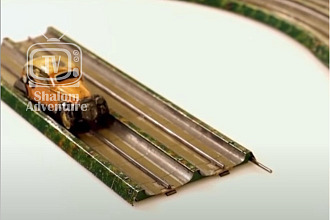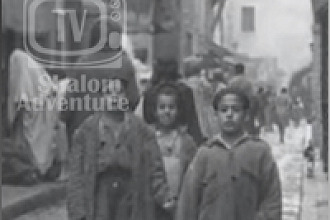Eugene was born Jeno Schwartz in Munkacs, Czechoslovakia in 1928. He had a happy family life with 3 sisters and a brother. His mother came from an orthodox Jewish family but his father, who was a master tailor, did not. Religion played little part in Eugene's upbringing.
In November 1938 the area where Eugene's family lived was given back to Hungary. On 19th March 1944 German forces occupied Hungary completely. Immediately all Hungarian Jews were ordered to wear the Star of David and within ten days the Jewish population was moved into ghettos. Eugene's house was within a ghetto area, so his family took other people into their home.
On May 14th Eugene was returning home from school. 200 yards from home, he saw a German military lorry outside the family home with his two sisters and father on board. He saw an SS man hit his mother across the face and push her on to the lorry. Eugene wasn't allowed into the house; he was forced onto the lorry with the rest of his family and other Jewish people from the ghetto.
The lorry was driven to a nearby brickyard, where the Jewish population was being forcibly gathered together. Eugene and his family were ordered into railway cattle trucks and from there transported to Auschwitz Birkenau. Eugene was swiftly separated from his mother and sisters, then also from his father. After being completely shaved and then showered, he was given his number, 55546, and a striped uniform.
Eugene remained at Auschwitz Birkenau for around ten days before being selected for slave labour. He was sent by train to the Little Camp at Buchenwald and then on to Dora Mittelbau in the Harz mountains, where the Nazis used slave labourers to manufacture V1 and V2 rockets underground. Eugene's job here was to load small trucks with rocks dug out from the tunnels for 12 to 14 hours at a time, without rest and on starvation rations. He became increasingly weak and after five months caught pneumonia. A German doctor saved his life. In mid March 1945 Eugene was sent to Bergen Belsen, which he describes as "a hellhole. People were lying all over the place". Typhus was rife and sanitation non-existent. On 15th April Eugene was liberated on the arrival of the British Army.
After the euphoria of liberation had worn off Eugene discovered that he had lost his entire family, except for one older brother who had been an officer in the Czech army. He was homeless and stateless, and still only 17 years old. For a while Eugene worked as an interpreter for the British army in Sennelager. It was there he met his future wife Annie. He describes Annie as "my saviour". Marrying Annie, and the arrival of their four children, gave Eugene back his future.
Eugene moved to England in 1949 and started work with Marks and Spencer as a warehouse man. By the time he retired he had worked his way up to be a manager. Eugene now lives in Leeds, and speaks widely about his experiences in schools, prisons and numerous community organizations. His eldest daughter, Lilian, is Chair of HSFA.
In common with many survivors, Eugene is still piecing together his family's story. In 2009 he discovered that his two sisters did not die in the gas chambers of Auschwitz as he had believed for over 60 years. Eugene and Lilian went to examine the International Tracing Service archive at Bad Arolsen in Germany. They found out that 22-year-old Paula and 20-year-old Jolan had spent three months in Auschwitz and then been selected for slave labour. The sisters were sent to Gelsenkirchen to work in a factory producing fuel for the German war effort. On 11 September 1944 the RAF bombed the factory and 151 Hungarian Jewish women were killed, including Eugene's two sisters. Eugene describes the discovery as one of the saddest episodes of his life, but takes comfort from the fact that Paula and Jolan stayed together until the end and are now buried together. He and Lilian have been to Gelsenkirchen to visit their graves.
Originally found here

